About
Racialized, Immigrant and Refugee Women’s Society
We are a not-for-profit dedicated to supporting the integration, empowerment, employment, and civic engagement goals of racialized, immigrant and refugee women.
Our model is very different than federal and provincially funded settlement and integration programs. Many of these government-funded programs are narrowly focused on providing employment readiness skills geared towards low-paying “survival employment,” most often in the service sector. Unfortunately, this reinforces the existing structures of racial and gender inequity in the Canadian labour market.
Pathways is different. We encourage women to develop short- and long-term career goals focused in areas where they are passionate and/or have international experience and education. They also learn skills and develop confidence in negotiating the institutional barriers that limit their ability and the ability of their families to become civically active and engaged citizens in their workplaces and broader communities.
This analysis of inequities, combined with practical skills-building and mutual support, creates a vibrant program experience that engages participants both intellectually and emotionally. Participants leave feeling the confidence and courage to become powerful advocates for themselves and their families – and in many cases, to become leaders in their broader networks and communities.
Between 2014 - 2023,
we’ve delivered 20 Pathways programs to well over 350 graduates.
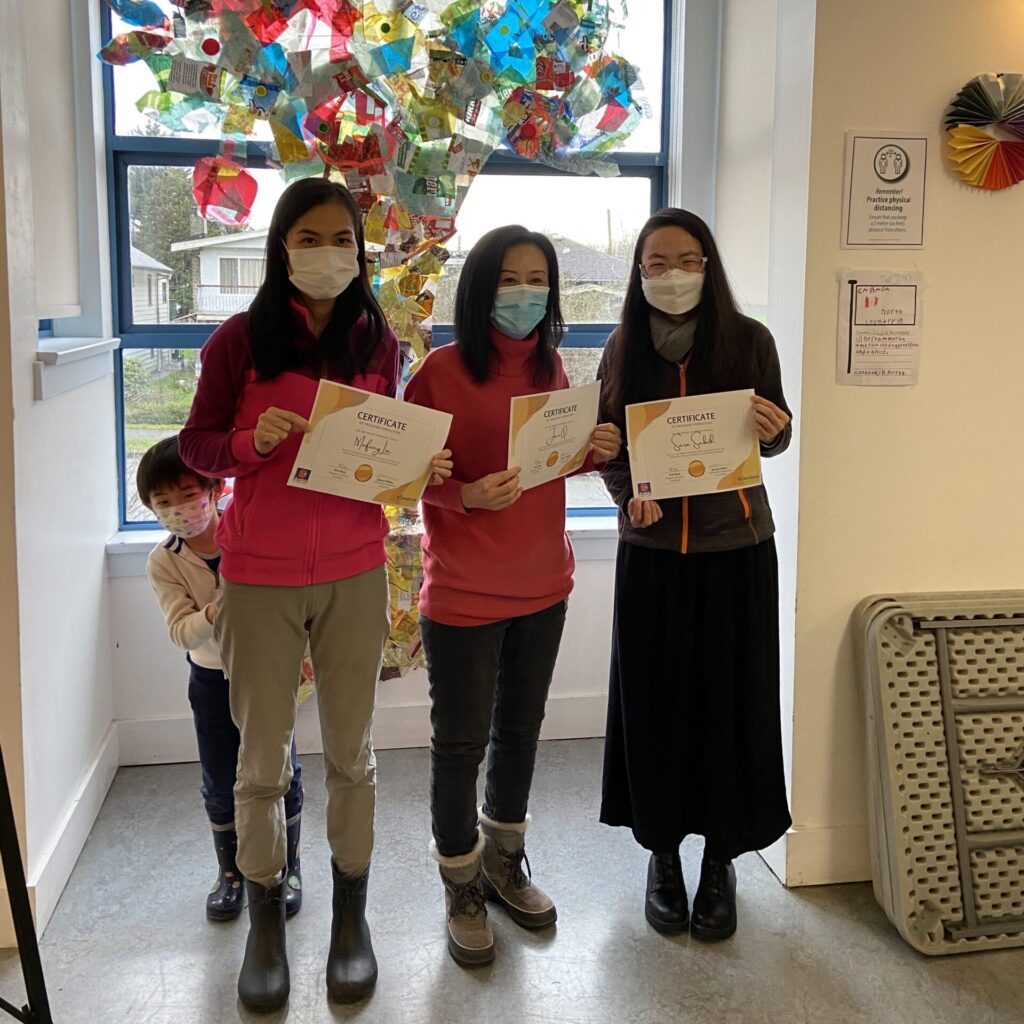
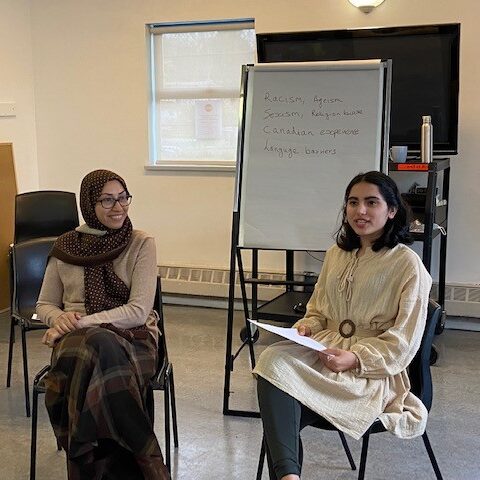
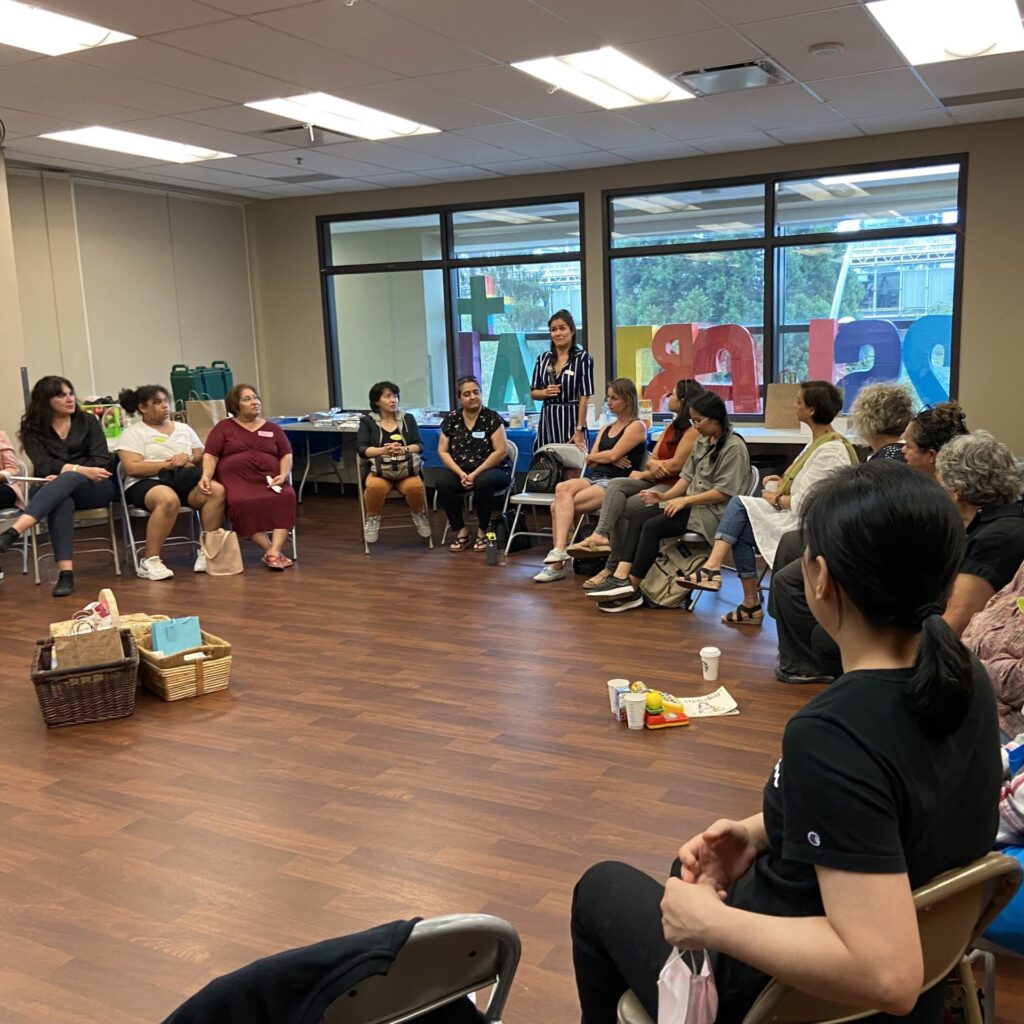
Your support makes it all possible.
Our programs are funded by the generous contributions of our sponsors and community supporters. Thank you for helping to uplift the voices, hearts, and leadership capacity of immigrant and refugee women.
Our People
Board of Directors
75% of our board members are Pathways graduates.
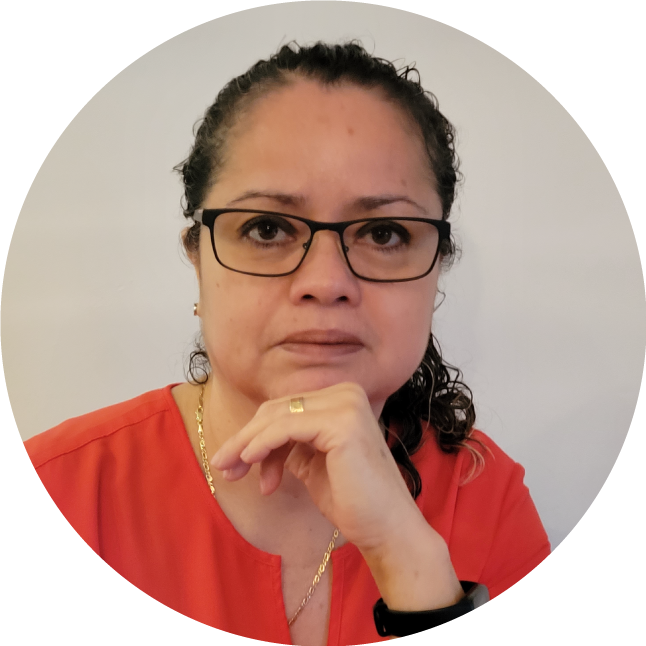
Board Chair
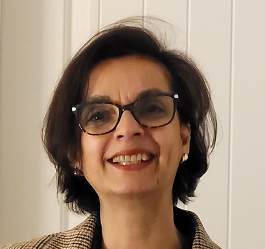


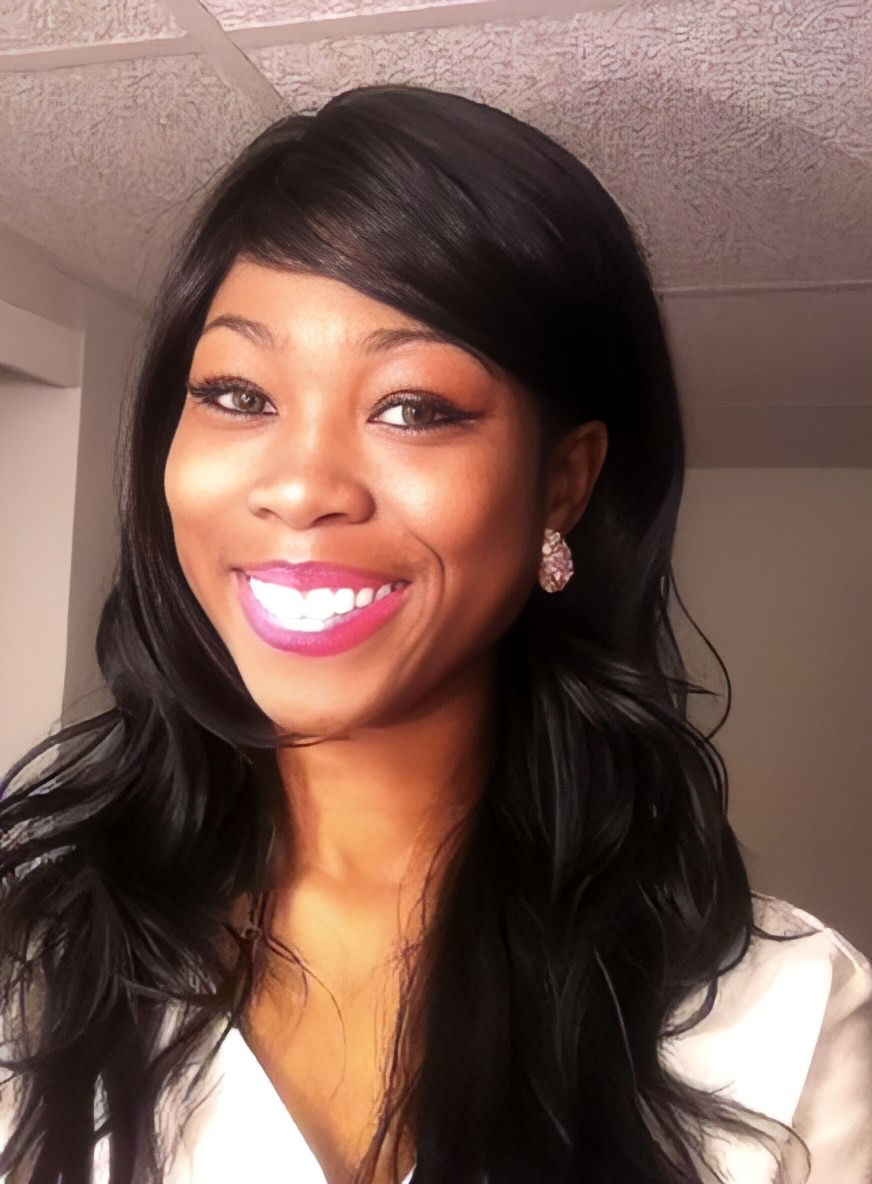
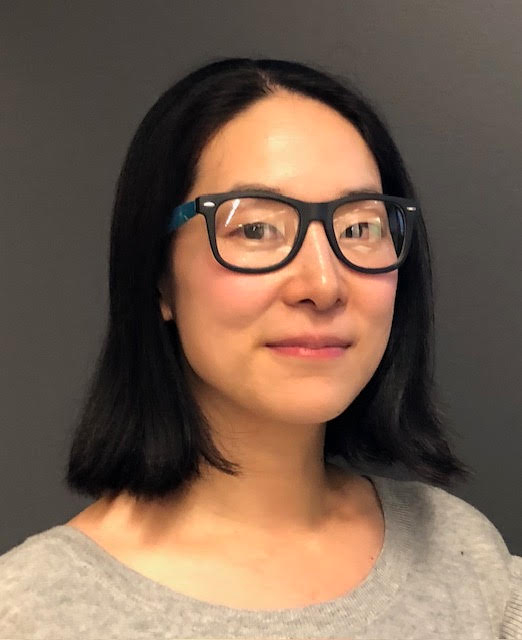
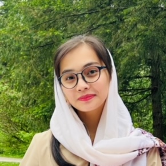
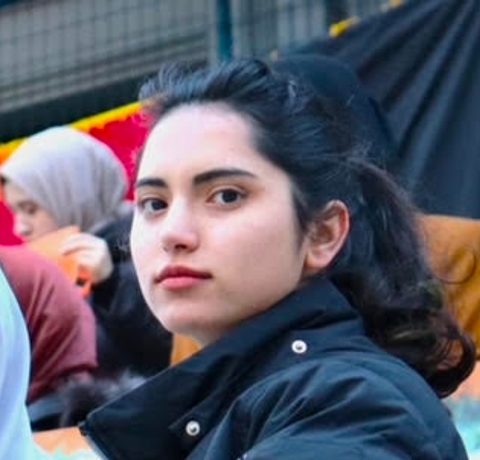
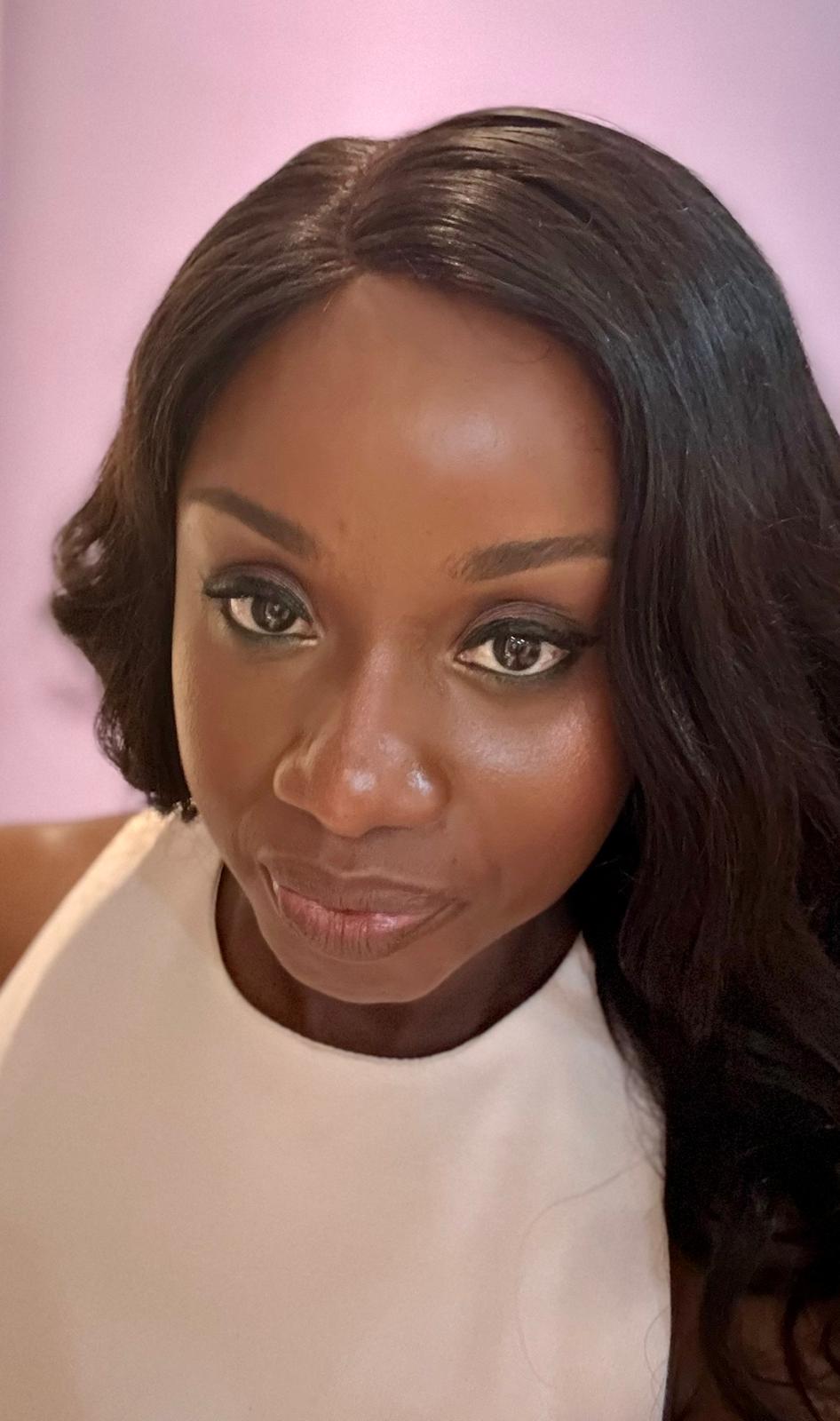
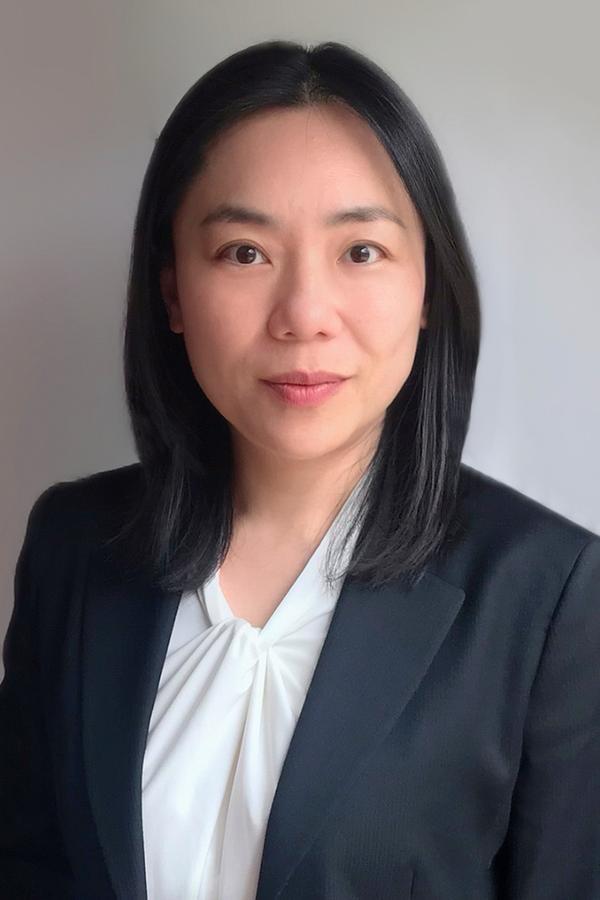
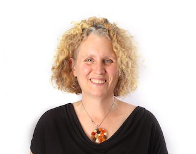

“Pathways helped me to go back to my field of graphic and web design and to reconnect again. It not only supported me through the process of believing myself again but also brought me the tools I needed to overcome my struggle of being a solo mom and to restructure my life on my profession”.
– Pathways Graduate (Daniela)Her Story
Read the personal story of Priti Shah, our founder and CEO:
My story begins in 1985 as a racialized settler on unceded Kwikwetlem land, shared traditional territories of the Tsleil-Waututh, Katzie, Musqueam, Squamish, and Stolo nations. In a matter of just a few months, I realized that my education (BCom and BBA), and six years of work experience as a community organizer and coordinator with UNICEF in India, would not be recognized by Canadian employers. Even my fluent English language skills did not land me a decent job. Instead, I ended up working in minimum-wage jobs like cleaning and warehouse work. I learned quickly and painfully that I was not visible to others, my education and experience was not sufficient, and that racism was real. My self-esteem started eroding especially when other South Asian community members coaxed me to take whatever work I could get and not to make a fuss about it. They said, “Here you cannot change much so, take what you can get.”
While working as a packer in the Mariposa warehouse, I realized that out of a 100 women, 96 were immigrants. We were treated with disrespect, not allowed to speak to each other while working, and often harassed by our manager. I conspired with a younger South Asian woman who was born in Canada, to do something about this situation. We called employment standards and asked them to do an unannounced visit to the warehouse. After that, things began to change.
This opened my eyes to the legal rights that exist for us. From this experience, I knew I wanted to work for immigrant rights and a more equitable integration process. This led me to volunteer with various nonprofit organizations and take a program to become an employment counsellor.
My involvement in working for settlement agencies was very disheartening. The funding for these agencies did not support a holistic approach to integration that acknowledged the strengths, skills, and potential contributions that immigrants could make to Canadian society. Their focus instead was exclusively on the minimal language and job readiness skills required to access low-wage, unskilled employment.
After about four years in Canada, I started volunteering for the Women’s Training and Employment Coalition which opened doors to the women’s movement and feminism. Over time, I gained enough confidence to begin speaking out about how immigrant women were not seen or treated fairly. This anger fueled my desire to do something different to validate immigrant women’s qualifications and equal status and gave me the courage to set up my own consulting company. Observing and learning from other activists, I gained an understanding of systemic racism and sexism, which helped me to articulate what was unfair about so many Canadian institutions. In both my paid consulting work and as a volunteer, I became a social justice activist and advocate for marginalized voices.
All these experiences led me in 2014 to work with a group of allies and an advisory committee organized through Frog Hollow Neighborhood House to develop an alternative approach to integration for racialized immigrant and refugee women. Work began with three pilot programs, an Evaluation Report on the three pilots, the development of the Pathways to Leadership Program Curriculum, and a “Train the Trainer” introduction for facilitators. The curriculum is based on my personal journey of immigration, loss, rediscovery of my strengths, and eventual integration into Canadian society.
The Pathways curriculum is dedicated in honor to my incredible parents who never stopped believing in me, and to all the resilient women who have made a migration journey.
